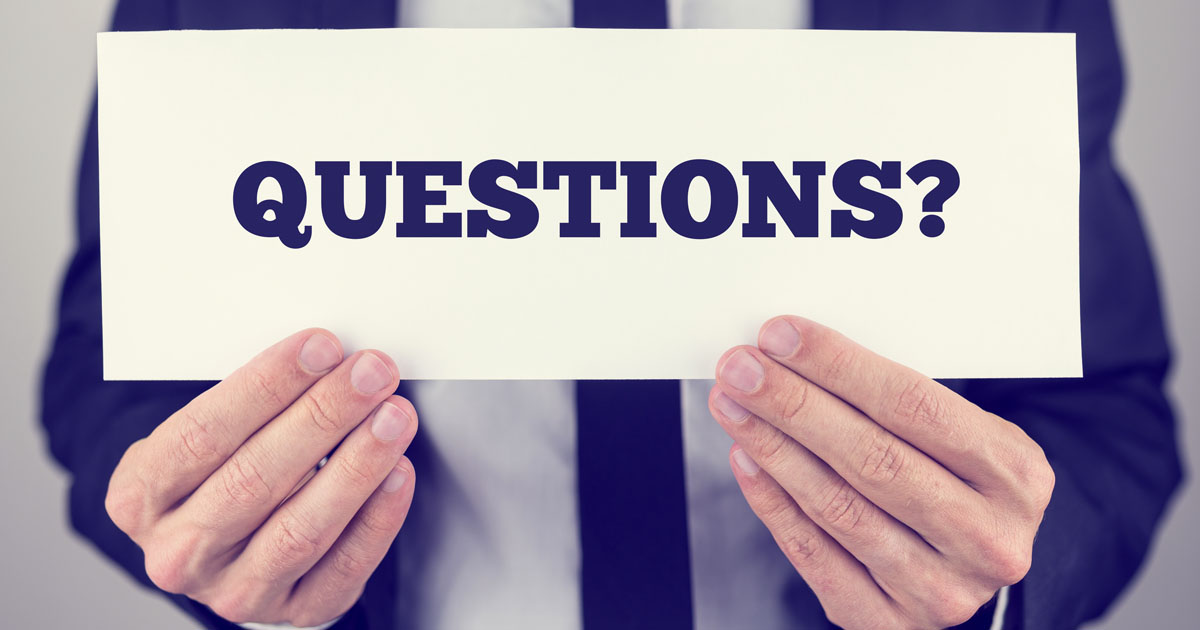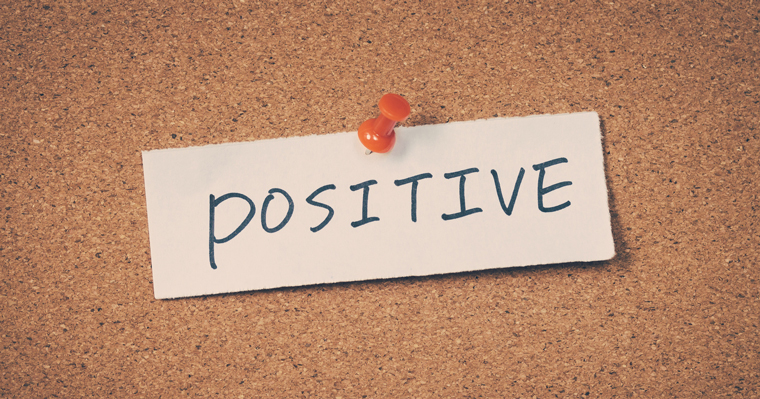Job interviews provide a forum for you to showcase your skills and experience but many people find interviews intensely stressful and don't always show themselves in the best light. One way of overcoming this anxiety is to plan well for the interview and prepare as much as possible in advance to maximise your chances of wowing the panel and securing your dream job.
1. Aim for Tuesday morning
Odd as it may sound if you are given a choice, choose mid-morning on Tuesday. This is statistically the best time to be interviewed. Mondays tend to be very busy after the weekend and on Fridays people are slowing down into the weekend. Morning is good to avoid the post-lunch slump and to be sure that everyone is listening to your every last word.
2.Think Ahead
Preparing the night before an interview can help you to feel relaxed and a good night's sleep ensures a clear head in the morning. Get your interview outfit ready, making sure it is clean and ironed. Check maps and make sure you know exactly where you are going, how to get there by public transport or where to park to avoid any last-minute panics. If you need copies of your CV, print them the night before to ensure you aren't slowed down by technical difficulties in the morning.
3. Arrive early
Arriving 5 or 10 minutes early enables you to check your outfit, sit down, have a sip of water and focus your mind. Rushing into an interview stressed out and sweaty does not create a good first impression.
4. Consider your appearance
The type of industry you are seeking employment in or the ethos of the company may help you decide the most appropriate way to dress for an interview. For example, the creative industry, such as the events industry, may allow for a fresher, more relaxed look whereas a corporate company would expect formal attire. However, when in doubt it is best to err on the side of caution and wear conventional business wear. If your working with a specialist events recruitment agency then they should be able to give you the “inside track”.
5. Smile
No matter how well qualified you are for the job, there is definitely an element of likeability factor involved in the interview process. Walking into the room with a smile to greet the panel makes a really positive first impression. It also makes you look friendly and relaxed which can only work in your favour.
6. Be calm
No matter how nervous you are feeling inside try to let your body language suggest that you are relaxed and this will help you to give off an air of confidence. Maintain eye contact with the panel members and be sure to listen to the entirety of a question before answering, then take a breath and think before giving a response.
7. Clean up your social media
Even before applying for jobs, it's advisable to clean up your social media. It is standard practice for prospective employers to check your social media profiles for any signs that you may not be the candidate they are looking for. These days there are apps that can detect any unprofessional posts or photographs on your profile, and this is a much quicker way of making it safe than trawling through your social media history independently. Your social media profile is one of the ways in which you create a first impression so it needs to be positive.
8. Consider questions in advance
It is a really good idea to consider what questions you may be asked during an interview and plan what your answers will be. Think of some good examples that would demonstrate your suitability for the role. Looking at the job description will help to prepare for this, come up with examples to match yourself as closely as possible to the person specification. For example, when applying for event management jobs, give examples of projects when things have gone flawlessly and your event has been a great success.
9. Create a captivating personal statement
There is a strong possibility that you will be asked to tell the panel all about yourself. This is a great opportunity to give them a real insight into your personality as well as your achievements. Make it inspiring and not just a history of your professional experience, let them see a glimpse of the real you.
10. Weaknesses
There is also a good chance that you will be asked about any professional weaknesses. Be careful with this question. It's best to give a genuine answer but also to add how you have turned this weakness into a strength by overcoming it, if possible. You can talk about systems you have put in place and the progress that you have made.
11. Research your prospective employer
It is really crucial that you know about your potential employer in advance of your interview so that you can tailor your responses. At the very least visit their website but it's also useful to check out their blog and maybe even utilise Google alerts to show any news stories relevant to the industry that will show you have a working knowledge of the business. Tailoring your responses helps the interview panel to visualise how you can be a good fit with the company culture. It is an opportunity to explain to them how your skills match their work.
12. Ask Questions
There is usually a lot of information to take in during an interview and your mind will be occupied with responses to the questions that the panel are asking you. However, it is really important to have a question or two prepared for the end of the interview otherwise you may come across as disinterested. You may be able to use your research about the company to construct a couple of questions in advance of the interview. Try to make sure that your questions are not solely based around salary and benefits.
13. Make notes
Taking a notepad and pen enables you to jot down any information that you may otherwise forget, it can help you focus your mind on the task in hand and it also sends a message to the panel that you are engaged and focused on what they are saying.
14. Positive ending
At the end of a meeting, thank the members of the panel for inviting you to interview and where possible, shake hands with each of them. Parting with a comment that you look forward to hearing from them is a positive way to end.
15. Follow up
Finally, sending a follow-up email within 24 hours of your interview is a great way of thanking the panel again for seeing you, keeping yourself at the forefront of their minds and adding in any details you may have forgotten to mention during the meeting. Say again how interested you are in the position. If there is more than one interviewer, you can send an email to each person on the panel.





